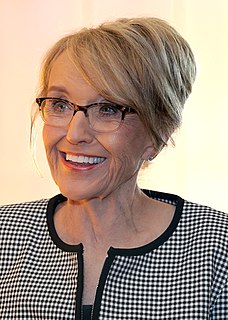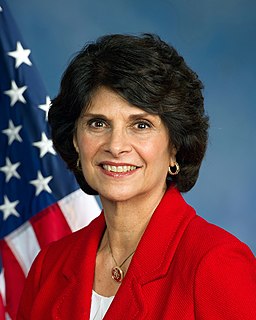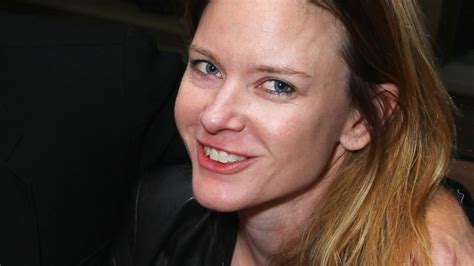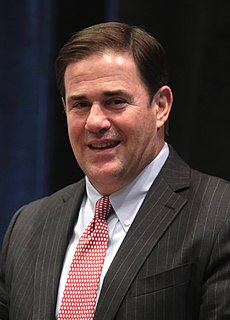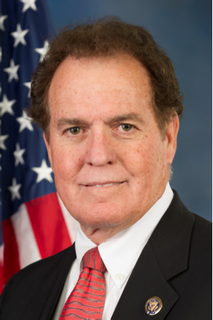A Quote by Jan Brewer
I am encouraged that there's going to be much better dialogue between the federal government and the state of Arizona. I mean, I hope that's not wishful thinking.
Related Quotes
You know, this dialogue is only helpful when we come, both of us, to a point where we realize that no dialogue is possible, that no dialogue is necessary. When I say understanding or seeing, they mean something different to me. Understanding is a state of being where the question isn't there any more. There is nothing there that says, "Now I understand!" That's the basic difficulty between us. By understanding what I am saying, you are not going to get anywhere.
If I was in government and running government, I think I would use the government data, because I wouldn't know where else to look, quite frankly. And if I didn't like that data, I would work hard to make sure it got better and better and better, whether it was at the state or local or federal level.
We can't be playing around with these issues [Zika disease], because this can become very serious very quickly, as we have seen in Brazil and other countries. The funds are going to be used at the state level, but it is important for the federal government to cooperate in the federal government's role.
State constitutions typically provide that the state first has to service its debt, then make it pension payments, and then pay for services. What we don't know is whether that order will be enforced. And ultimately, the busted state is going to be looking to the federal government for a bailout. Think Greece, but on a much bigger scale.
